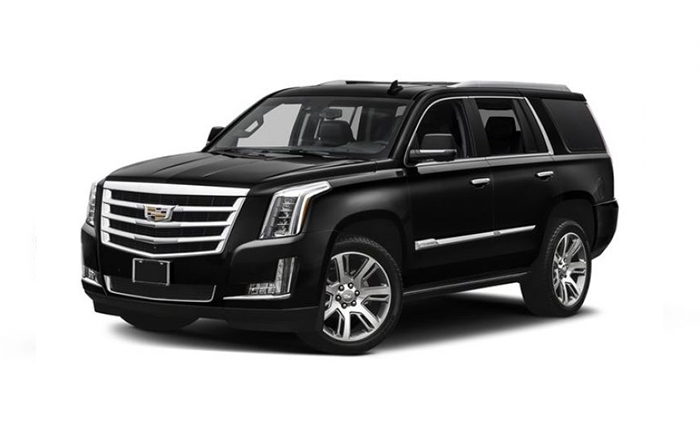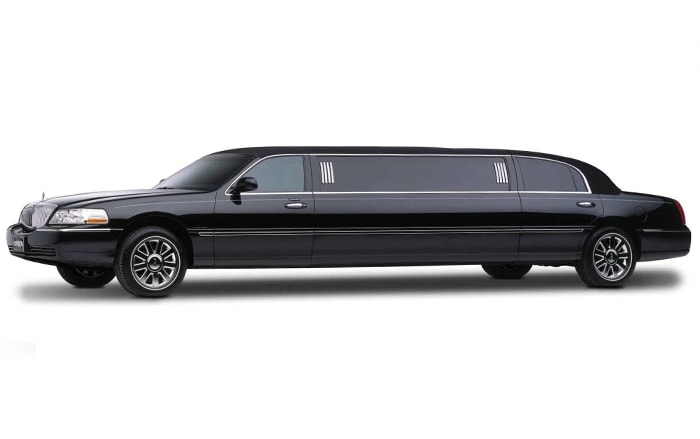In recent years, the rapid advancement of artificial intelligence (AI) has sparked debates about its potential impact on various industries. One area of particular interest and concern is the aviation industry, where pilots have long been at the helm of every flight, ensuring the safety and comfort of passengers. With AI technology constantly evolving, the question arises: “Will artificial intelligence replace pilots in the airline industry?” In this article, we will explore the current state of AI in aviation, its potential applications, and the factors that could influence the future of pilot-less flights.
- The Rise of AI in Aviation
Artificial intelligence has already made significant strides in the aviation sector. Advanced AI systems have been incorporated into flight control systems, weather prediction, and aircraft maintenance, enhancing safety and efficiency. AI-powered algorithms are capable of processing vast amounts of data from various sensors on an aircraft, allowing for real-time decision-making and predictive maintenance.
- The Role of Pilots in Modern Aviation
Pilots play a critical role in ensuring the safety of flights. Beyond operating the aircraft, they are responsible for making complex decisions during emergencies, interacting with air traffic control, and maintaining situational awareness. Furthermore, their experience and judgment are invaluable when it comes to handling unforeseen circumstances and navigating through challenging weather conditions.
- AI as Co-Pilots and Flight Assistants
Rather than replacing pilots entirely, AI is more likely to act as co-pilots or flight assistants. AI-based systems can assist pilots in various tasks, such as optimizing flight routes, monitoring aircraft systems, and providing real-time updates on weather conditions. This collaboration between humans and AI can lead to more efficient and safer flights.
- Autonomous Drones and Cargo Flights
The concept of autonomous drones for cargo transportation has gained significant attention. Companies are experimenting with unmanned aerial vehicles (UAVs) to transport goods over short distances. While these autonomous systems show promise for cargo transportation, implementing the same technology for commercial passenger flights raises more complex challenges and regulatory hurdles.
- The Human Element and Passenger Confidence
One crucial aspect of aviation is the trust and confidence passengers place in human pilots. Many travelers feel more secure knowing that there are skilled professionals in control of the aircraft. The introduction of AI-driven flights might raise concerns about safety and reliability among the general public, which airlines and manufacturers must address effectively.
- Challenges and Limitations of AI in Aviation
AI in aviation faces several challenges and limitations, which hinder its full-scale adoption in pilot roles. These include:
a. Safety and Reliability: Ensuring the safety and reliability of AI systems is paramount. AI technologies must undergo rigorous testing and meet stringent standards before they can be considered for essential aviation functions.
b. Complex Decision-Making: While AI can analyze vast amounts of data quickly, it may struggle to replicate human-like intuition and adaptability in complex and unpredictable scenarios.
c. Ethical Dilemmas: Programming AI systems to make ethical decisions during emergencies remains a significant challenge. The ability to prioritize human life and navigate moral dilemmas is inherently human.
- The Regulatory Landscape
The aviation industry operates under strict regulatory frameworks to guarantee passenger safety. Introducing AI into critical roles will require international cooperation and the establishment of clear guidelines and standards for AI implementation in aviation.
- The Future of AI and Pilots in Aviation
The complete replacement of pilots by AI is unlikely in the foreseeable future. However, we can expect the aviation industry to see continued integration of AI as co-pilots, flight assistants, and in enhancing various operational aspects. Pilot training may evolve to include AI systems, preparing them to work seamlessly with intelligent technologies.
Conclusion
The aviation industry is witnessing a gradual transformation with the incorporation of AI technologies. While AI is set to revolutionize certain aspects of aviation, the role of pilots remains essential for the foreseeable future. The collaboration between AI and human pilots has the potential to usher in a new era of safer and more efficient air travel. The key will be finding the right balance between technology and human expertise, ensuring that passenger safety and confidence remain the top priorities in this exciting journey into the future of aviation.
Choose Future… Choose Socal Executive Car Service








